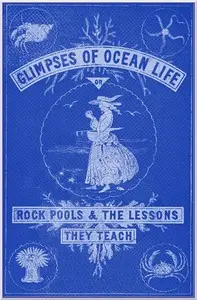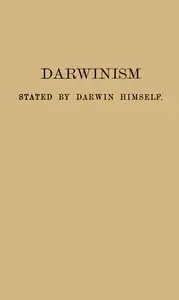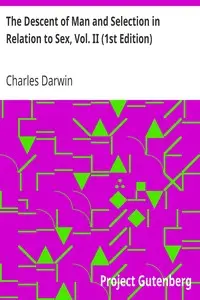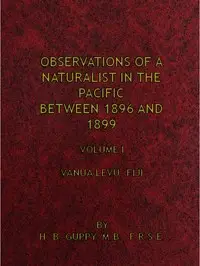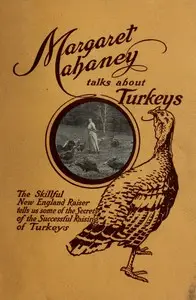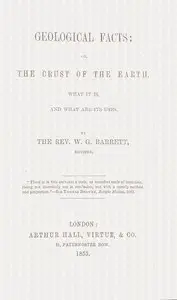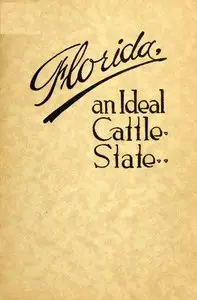"Coral Reefs" by Charles Darwin is a scientific book that investigates the mysterious world of coral reefs and their variety, such as ring-shaped atolls, protective barrier reefs, and shore-hugging fringing reefs. The author combines what he saw on his journeys with explanations of how coral reefs are built and why they matter to the environment. Starting off, the book introduces the types of coral reefs, sharing the author’s amazement at the beauty and complexity of these natural formations, describing places such as the Keeling atoll. The auther provides understanding of how the earth’s movements and the growth of coral work together to create these underwater structures.

Coral Reefs
By Charles Darwin
Embark on an exploration of dazzling underwater structures, from their unique shapes to their crucial role in our planet's story.
Summary
About the AuthorCharles Robert Darwin was an English naturalist, geologist, and biologist, widely known for his contributions to evolutionary biology. His proposition that all species of life have descended from a common ancestor is now generally accepted and considered a fundamental scientific concept. In a joint publication with Alfred Russel Wallace, he introduced his scientific theory that this branching pattern of evolution resulted from a process he called natural selection, in which the struggle for existence has a similar effect to the artificial selection involved in selective breeding. Darwin has been described as one of the most influential figures in human history and was honoured by burial in Westminster Abbey.
Charles Robert Darwin was an English naturalist, geologist, and biologist, widely known for his contributions to evolutionary biology. His proposition that all species of life have descended from a common ancestor is now generally accepted and considered a fundamental scientific concept. In a joint publication with Alfred Russel Wallace, he introduced his scientific theory that this branching pattern of evolution resulted from a process he called natural selection, in which the struggle for existence has a similar effect to the artificial selection involved in selective breeding. Darwin has been described as one of the most influential figures in human history and was honoured by burial in Westminster Abbey.





